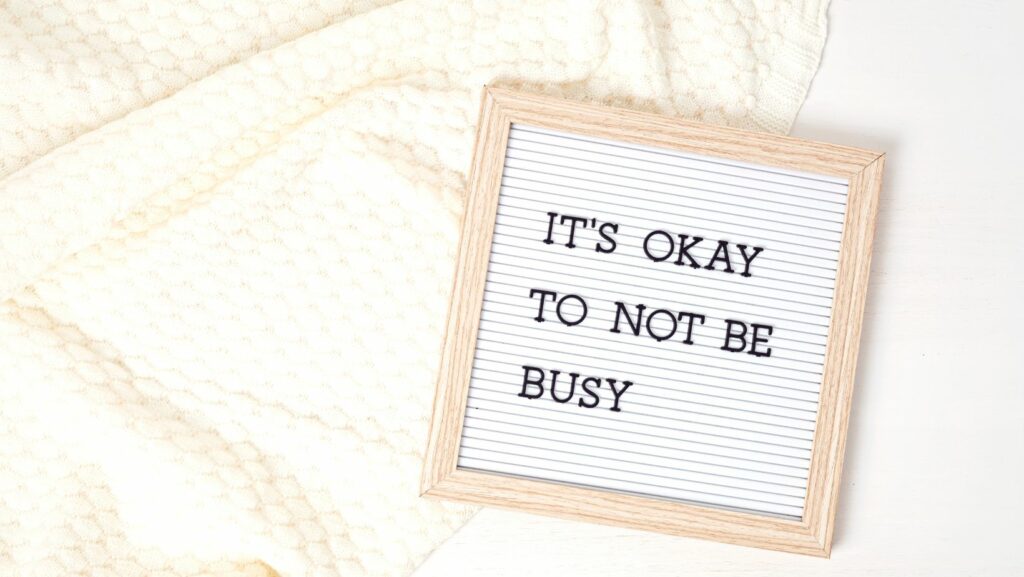In today’s fast-paced world, children face unique challenges that can impact their mental health. From navigating social dynamics to coping with academic pressures, it’s essential to arm them with tools that promote resilience and emotional well-being. Mental health quotes for kids serve as powerful reminders that they’re not alone in their feelings and that it’s okay to seek help. These carefully chosen words can inspire, comfort, and motivate young minds, fostering a positive mental health environment from an early age.
Mental Health Quotes For Kids

Mental health quotes for kids play a crucial role in nurturing resilient, emotionally healthy children. By offering wisdom in simple, relatable terms, these quotes encourage open discussions about feelings, self-worth, and caring for oneself and others. They serve not only to inspire and comfort but to also normalize the conversation around mental health. For many children, a quote can act as a beacon of hope, a reminder that they are not alone in their feelings or experiences.
This importance lies in the power of words to shape mindsets, fostering an environment where emotional well-being is prioritized. In essence, mental health quotes become a valuable component in the toolkit for raising mentally strong kids, reinforcing the need for open dialogue, understanding, and compassion from an early age.
Selecting Appropriate Mental Health Quotes for Different Ages
Choosing the right mental health quotes for kids depends heavily on their age, understanding, and emotional maturity. For preschoolers, quotes should be simple, positive, and encourage basic concepts of self-love and friendship. Phrases like, “It’s okay to feel sad sometimes,” introduce emotional awareness.
For elementary-age children, quotes can start to explore resilience and the value of emotions, such as, “Every day may not be good, but there is something good in every day.” This age group benefits from messages that promote finding joy in small things and recognizing their own strengths.

Adolescents, navigating more complex emotions and social scenarios, appreciate quotes that resonate with their experiences and encourage self-acceptance, such as, “Being different is one of the most beautiful things on earth.” For them, quotes should strike a balance between acknowledging the challenges of growing up and the importance of staying true to oneself.
Selecting mental health quotes that resonate with a child’s age ensures the messages foster emotional well-being, promote meaningful conversations, and support the development of a healthy mindset. These quotes become more than words; they’re tools helping children navigate life’s ups and downs with confidence and resilience.
Using Mental Health Quotes in Daily Routines
Incorporating mental health quotes into daily routines can significantly benefit children’s emotional development and resilience. These quotes, when used consistently, remind children they’re not alone in their feelings and encourage a positive mindset from a young age.
Morning Motivations
Start each day with a positive quote. Reading a mental health quote at breakfast or on the way to school sets a tone of encouragement, reminding kids they’re capable and valued. It primes their mindset for the day ahead.
Positive Affirmations for School Challenges

Introduce quotes as affirmations during homework or study time. This practice can help alleviate stress and boost confidence, especially before tests or presentations. A simple, “I can handle challenges with courage,” reminds them of their strength.
End the day by reading a comforting or inspiring quote. Doing so can ease nighttime anxieties and reinforce a sense of security and optimism. Sharing moments of reflection helps children process their day and understand that growth includes overcoming obstacles.
To reinforce this positive psychological message, consider customizing these heartwarming and powerful quotes into small, custom enamel pins for your child to pin on their schoolbag or uniform. Custom pins are quick to make, so you can give your child a few of these small items they can wear at any time to boost their confidence.

As they run around campus or ponder in class, glancing down at a pin with the words “I’m Great” and “Don’t Be Afraid of Making Mistakes” feels like receiving a constant source of encouragement. When they encounter minor setbacks, the moment their fingertips touch the pin, those familiar words will quietly take root in their hearts, giving them the courage to start again and allowing positive energy to accompany them every step of their growth.
The Impact of Words on Child Development
The influence of words on child development is substantial, shaping their emotional and psychological well-being. Introducing mental health quotes to children plays a critical role in fostering a positive self-image and resilience. By carefully selecting quotes that resonate with a child’s age and experiences, parents and educators can provide valuable tools for emotional expression and coping strategies. Mental health quotes, when used effectively, encourage children to articulate their feelings and thoughts, facilitating open discussions about emotions and mental health. These conversations lay the foundation for emotional intelligence and empathy, essential components for healthy social interactions and self-awareness.

